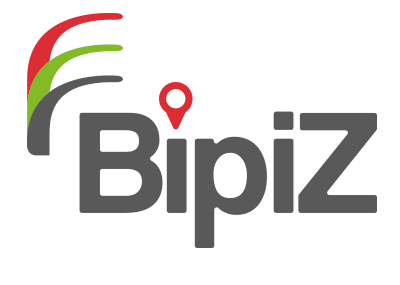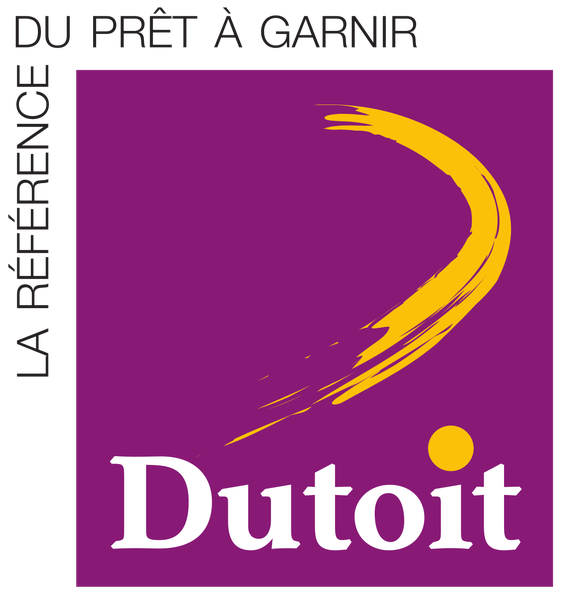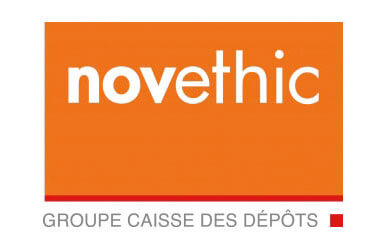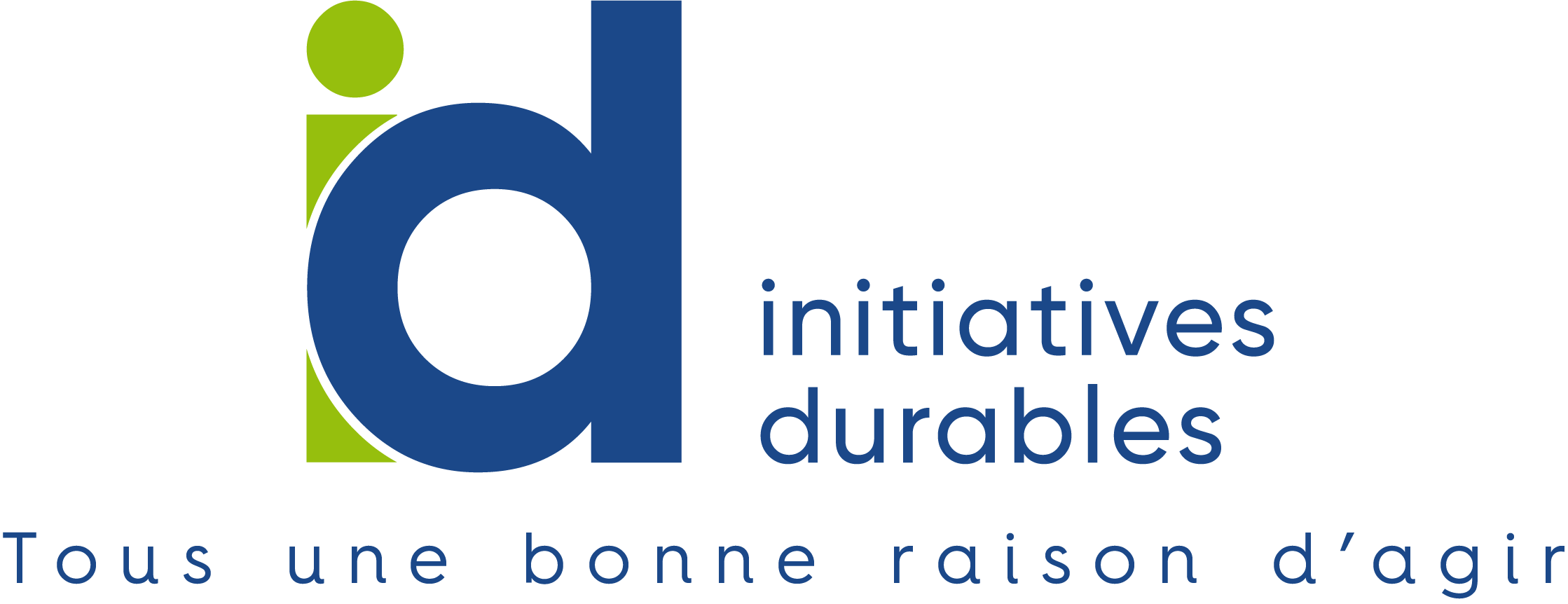Founded in 1951, the DUTOIT company began by producing biscuits and pastries of the "madeleine" type intended for grocery shops in the region. In the 1970s, its activity was threatened by the development of mass distribution. With a view to reinventing itself, the Biscuiterie Dutoit gradually turned to the production of ready-to-fill biscuits for food professionals.
Since 2006, the company has modernised and developed pasta specialities for manufacturers (Tipiak, Picard, etc.). Today, it is recognised as creative, reactive and qualitative in its field. Its activity has tripled in 14 years.
This increase in activity has been accompanied by managerial challenges. The pyramidal management structure quickly showed its limits and resulted in a loss of efficiency and performance. Based on these observations, the Biscuiterie Dutoit discussed with its employees to reorganise its internal management on the basis of the liberated company.


















